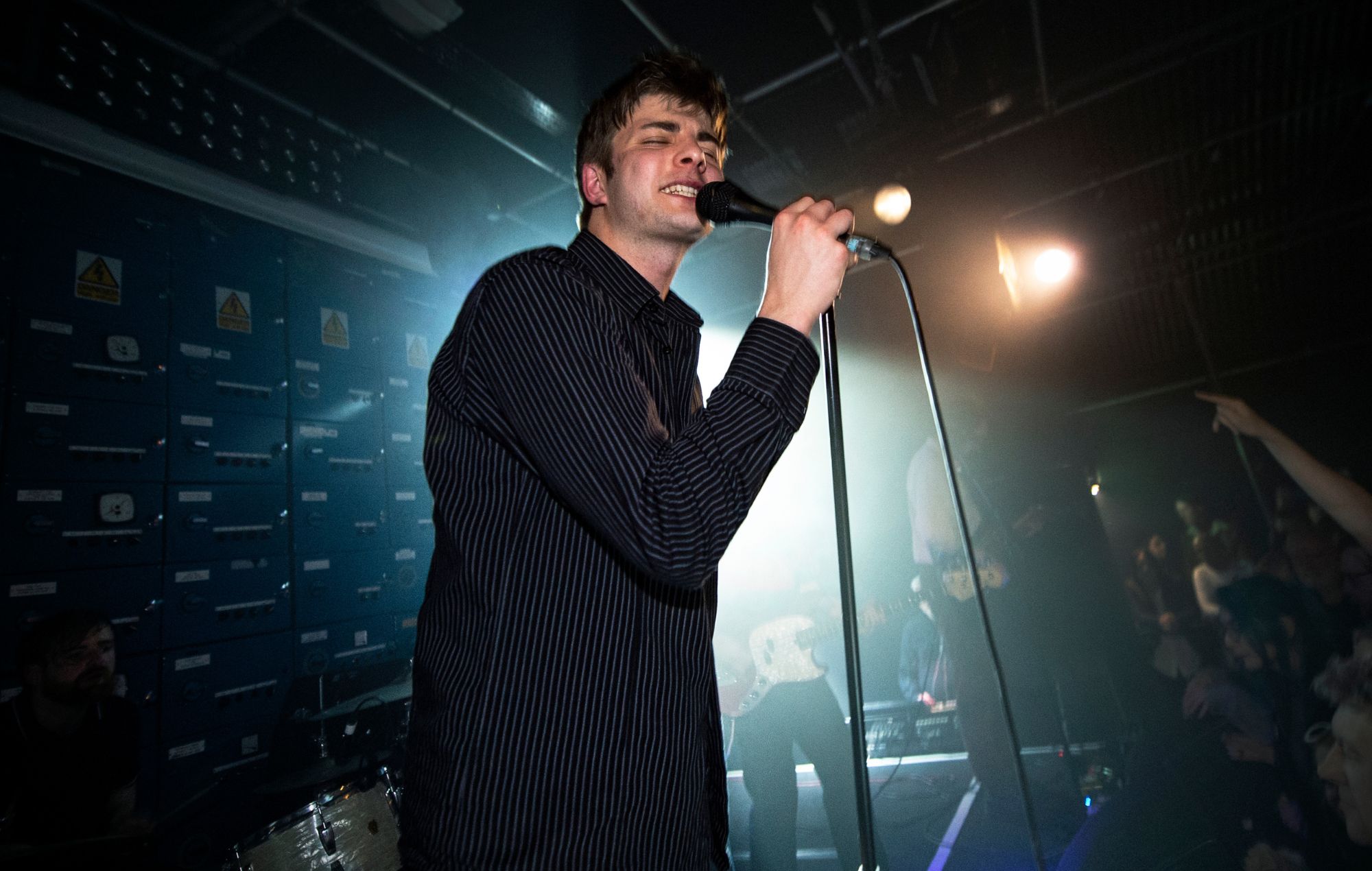
Grassroots music venues in Manchester can now apply for the City Council’s new lifeline fund, organised alongside the Music Venue Trust (MVT).
- READ MORE: UK grassroots venues suffering from “the complete collapse of touring” – here’s how you can help
The fund, delivered alongside the MVT, aims to ease the financial pressure caused by transitioning to a new business rates tariffs and comes in response to one of the key recommendations seen in the forthcoming Music in the City report.
It has been made possible through council revenue generated by live concert arena, stadium, and festival activities – including huge shows from the likes of Oasis, Billie Eilish, Charli XCX and Fontaines D.C. – and works to highlight the vital contribution that grassroots music venues make to Manchester’s economy.
“We understand the importance of smaller venues, the stages where talent is nurtured and the city’s music begins. We also know that across the country, grassroots venues are struggling,” said Council Leader Cllr Bev Craig. “That’s why in Manchester we’re taking action to ensure that real support reaches our venues quickly. This swift delivery is virtually unheard of in the sector but we are determined to innovate.”

Jay Taylor, England Coordinator at Music Venue Trust, continued: “Identifying the challenges facing UK Grassroots Music Venues and then bringing about meaningful solutions is central to the work of Music Venue Trust, so it’s incredibly gratifying to be part of such a focussed and impactful project from Leader of the Council, Councillor Bev Craig, and Manchester City Council.”
“It’s equally rewarding to see recommendations from the forthcoming Music in the City Report already manifesting as tangible support for music venues,” he added. “It’s dynamic interventions like this that cement Manchester as a truly progressive global music city, and a model for other regions.”
Music Venue Trust will lead the application and grant award process, building on its previous initiatives to help support the UK’s live music scene. These have included the Pipeline Investment Fund, as well as various emergency response, hardship and live event bursaries.
To be eligible for the grant, applicants must demonstrate that they are a live music location in Manchester, have a dedicated live music or performance space, host live music at least three times per week, and have an organisational focus on music with other services.
Applications for grants are now open, and payments are expected to reach successful venues by the end of January 2026. Visit here to apply and to find more information about the initiative.

“It’s fantastic to see Manchester City Council providing this vital funding, with Music Venue Trust administering the grant to ensure support reaches those venues most in need,” said Kate Lowes, Director, Brighter Sound (sector lead Manchester Music City).
“This kind of evidence-led, collaborative action is exactly what’s needed to strengthen Manchester’s live music ecosystem. We look forward to continuing to work with the Council and partners across the city to ensure that music and creativity can thrive at every level.”
The push for government-led action to support the UK’s live music scene comes amid reports being shared at the end of 2024 stating that the touring circuit across the country was facing “complete collapse” without urgent help.
MPs have gone on to show support for a proposed £1 levy on gigs at arena level and above – designed to feed back into the grassroots spaces – but numerous people in the music industry have argued that there is still a long way to go.

Over the spring, Featured Artists Coalition (FAC) member and Wolf Alice guitarist Oddie spoke at the Parliamentary Culture, Media and Sport Committee about the struggle facing musicians.
He not only argued that it was “callous” for ticket companies to add up to 20 per cent of hidden fees to tickets, but went on to insist that the proposed £1 ticket levy would “essentially secure their future as a business” as well as provide support for the UK’s talent pipeline.
“When my band Wolf Alice were doing the grassroots touring scene 12 years ago, it was unbelievably tight. For years, it was a loss-leader – and that’s typically how it goes,” he said. “So 12 years ago the numbers didn’t stack up, and now it’s unbelievable […] I can honestly say, I’m not sure how Wolf Alice would make it work today.”

Artists including Coldplay, Enter Shikari and Sam Fender have all since adopted a levy of their own to help make a difference – meaning that money made from ticket sales to their huge respective tours would be invested back into the grassroots scene – and Kate Nash joined forces with MVT earlier this year to call for more intervention from the government.
The singer has been very vocal about the tough conditions that most artists face regularly; taking to OnlyFans for her ‘Butts For Tour Buses’ campaign to protest the industry, and telling those in the House Of Commons that touring was “one of our favourite things to do, but it is becoming increasingly more difficult to do.”
Yesterday (Monday November 3), it was announced that Marshall had teamed up with the Music Venue Trust to roll out an initiative championing grassroots music, and over the summer, it was confirmed that The Royal Albert Hall in London had become the first arena to commit to the £1 LIVE ticket levy.
The post Manchester gig spaces invited to apply for £245,000 Music Venue Trust grassroots fund appeared first on NME.
